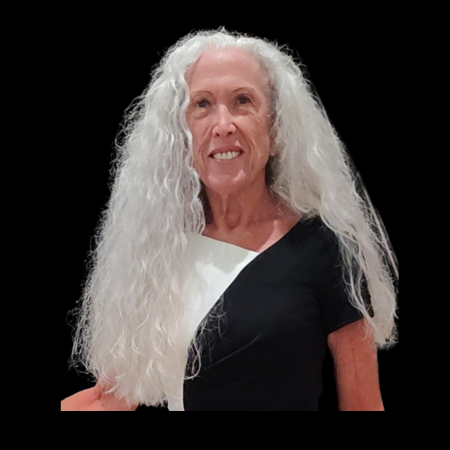Plan to Be a Slim Seasoned Citizen
Weight★No★More℠ Diet Center
There’s something wonderful about getting older . . . about transitioning from middle aged to “seasoned citizen.” (I mean, let’s face it: The alternative isn’t ideal, is it?)
For one thing, as we age, we have better coping abilities. Older people have a lifetime of experiences and, therefore, tend to deal better with hardship or negative circumstances than those who are younger. Perhaps this is because older people have seen it all and done it all. Perhaps it’s because older people are just more comfortable being themselves.
“Never have children, only grandchildren,” Gore Vidal once said. Grandparents get to experience the joys of little children without the sleepless nights and diaper changes! Grandparents get to do all the pampering and none of the punishing! The grandparent/grandchild relationship is so important.
Retirement is a special time, one that all seniors should look forward to after a lifetime of working and/or raising a family, or both! Time to pursue passions, time to travel, time to become civically and politically involved, time to visit more often with friends, family and grandchildren; time to be more carefree and, perhaps most importantly, time to begin the next best chapter in their lives with their spouses.
Professor Karl Pillemer of Cornell University specializes in gerontology and human development and has made it his life’s goal to document seniors’ advice to younger generations. He founded the Legacy Project to collect practical advice for living of America’s elders. And to the question: “What are the most important lessons you have learned over the course of your life?” One of my favorite responses was an 84-year old woman who said it best: “It’s not dying you should worry about — it’s chronic disease.” . . . and boy is she right!
Obesity is a major public health problem with links to major chronic disease and to diabetes, in particular. The longer one carries around toxic visceral, intra-abdominal fat, the longer the organs are inflamed and the higher the probability of the onset of chronic diseases.
Overweight and obese younger people in their teens, 20’s and 30’s, never really think about being in their 60’s, 70’s and beyond. It’s just too far away for them to envision. Truth is, the longer they remain overweight, the harder it will be to change their habits and lifestyles; a lesson they will learn before too long.
If you’re in your 40’s and 50’s, you’re that much closer to your “seasoned” years. If you are overweight or obese, start planning for the kind of life you want for yourself in a decade or two from now. It’ll be here before you know it. And, depending on certain factors (how much excess fat you’re carrying and for how long), while it is true that much of the damage is already done to your insides and to your health and weight loss may not “cure” what ails you, losing weight can alleviate pain and ward off the manifestation of other problems that surely are brewing.
If you are an overweight or obese seasoned citizen:
- How does carrying around excess fat affect your life? Can you get on the floor to play with your grandchildren? Can you go down a sliding pond with them at the park? Can you take long walks without discomfort? Can you play tennis or golf or go dancing the way you used to? Can you travel effortlessly? Are you active in your community? Are you able to work in your garden as you used to?
- How does your quality of life affect the lives of those around you who love you? . . . your spouse, your children and grandchildren? Do they worry about you? Do they have to take care of you? Do you feel you’re a burden to them?
There’s a very big difference between “living” and “existing” at any age. If you are a seasoned citizen who is overweight or obese, don’t throw your hands up and say, “What’s the use?” It’s never too late to lose weight and to give yourself the best quality years of “living” ahead.
Older people have a lifetime of accomplishments on which to look back on and feel pride. If you’re overweight or obese, make losing weight one of them.
Slimcerely yours℠,



